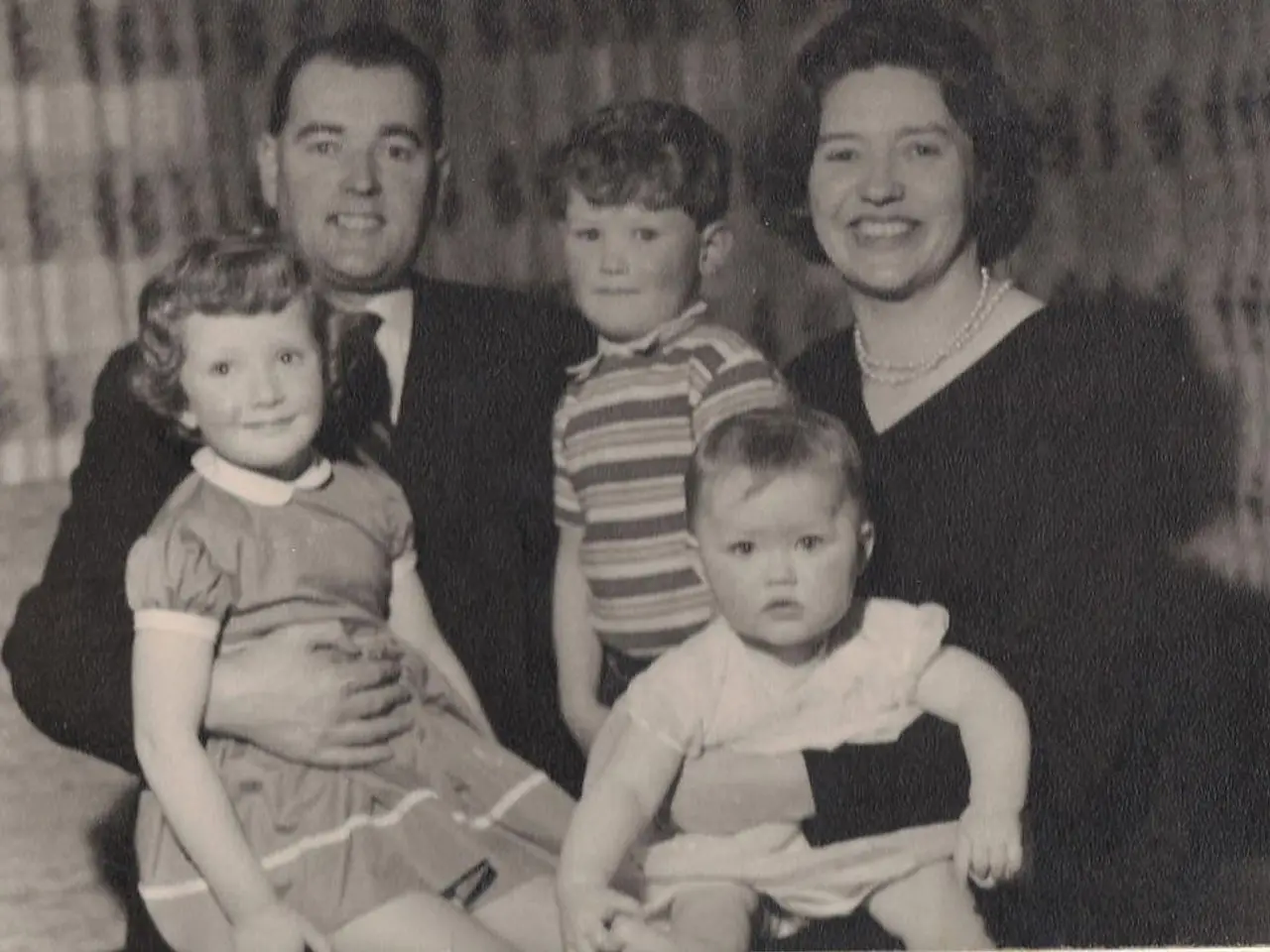The Disintegration of American Families and Its Effect on the Country's Social Tissue
In the 21st century, the concept of adulthood has been redefined with the evolution of marriage and parenthood patterns. Cohabitation without marriage, non-monogamous partnerships, and long-term singleness are increasingly becoming the norm, yet they challenge the long-standing frameworks that once guided social behavior and communal interaction.
The transformation of family structures reflects progress in gender equality, LGBTQ+ rights, and personal autonomy. However, this shift has significant implications on sociological, economic, and mental health aspects of society.
Sociological Impacts
The shift away from traditional nuclear families reflects evolving social norms, including increased acceptance of single-parent households, blended families, and same-sex partnerships. This diversity in family structures challenges traditional notions of family and community cohesion.
The rise of smaller, more isolated family units can lead to reduced community engagement and social support networks. Historically, extended family networks played a crucial role in community integration and support.
The transition to more independent family structures has been influenced by cultural values of self-reliance and individualism. This shift can affect how values are passed down to future generations.
Economic Impacts
Single-parent households often face financial instability, which can lead to increased poverty rates among children. This financial strain can also affect their access to quality education and healthcare.
Recent legislation, such as the "One Big, Beautiful Bill," aims to support families through increased tax credits and childcare benefits. However, there is a continued need for policies that address the economic pressures faced by diverse family structures.
Changes in birth rates and family structures can impact the economy by altering the ratio of working-age individuals to retirees, affecting tax revenues and social security systems.
Mental Health Impacts
Families with less financial stability and social support may experience higher levels of stress and anxiety. This can particularly affect single-parent households managing caregiving responsibilities alone.
Children in non-traditional family structures may face unique developmental challenges, such as increased exposure to behavioral issues and lower educational attainment, depending on the support available.
Despite these challenges, many families adapt and find resilience through community support or innovative family structures. Technology and societal flexibility can help bridge gaps in family support networks.
In summary, the shift in family structures in the U.S. has far-reaching impacts on societal cohesion, economic stability, and mental health. Addressing these changes requires a comprehensive approach that supports diverse family structures while enhancing community and economic resilience.
The decline in family and community bonds contributes to widespread loneliness, civic disengagement, and a diminished sense of shared purpose. Investing in parenting support, affordable childcare, mental health resources, and community-based programs can help bridge the gap and restore some of the social bonds that have frayed in recent decades.
References:
- Harvard University's "Social Capital Project."
- The "One Big, Beautiful Bill."
- Pew Research Center.
- CDC reports on mental health issues among youth.
- U.S. Census Bureau statistics on single-parent households.
In the current context, the transformation of family structures has expanded the recognition of diverse family forms, including single-parent households and same-sex partnerships, but also raises questions about mental health.
The financial instability and reduced social support networks that often accompany these new family structures can lead to increased stress and anxiety, particularly for single parents. Such factors can have significant effects on the mental health of individuals within these families, especially children.




